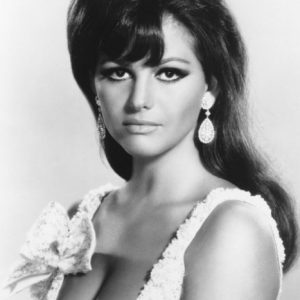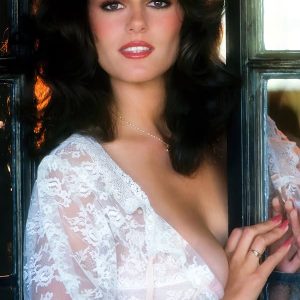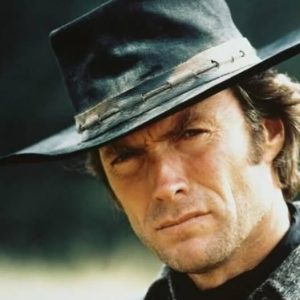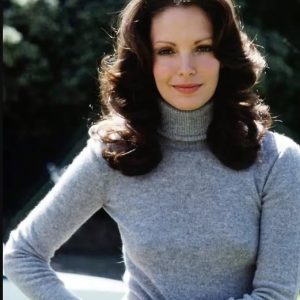John Wayne, born Marion Robert Morrison in 1907, didn’t just stride into Hollywood; he thundered in like a force of nature from the cornfields of Iowa. From his earliest days in silent films to his triumphant ride in “Stagecoach” , Wayne’s journey was nothing short of legendary. With a voice that could shake the dust off a prairie and a presence that filled the screen, he became the stuff of Hollywood dreams, gracing over 170 films with his magnetic charisma.
But it was in the rugged terrain of the Western that Wayne truly found his home. Whether he was blazing trails in “The Searchers” or saddling up for an Oscar-winning performance in “True Grit” , he embodied the essence of the frontier spirit. And though the winds of controversy blew hard during the McCarthy era, Wayne stood tall, a beacon of strength and resilience in the stormy cinematic landscape of the 1950s.
Off-screen, Wayne was every bit the cowboy hero he portrayed, a lover of wide-open spaces and a patriot to the core. His forays into directing and producing added new layers to his legacy, leaving an indelible mark on the industry he called home. Despite the personal tumult that sometimes rode alongside his fame, including a trail of marriages and dalliances, Wayne remained a steadfast friend and ally to his fellow Hollywood legends.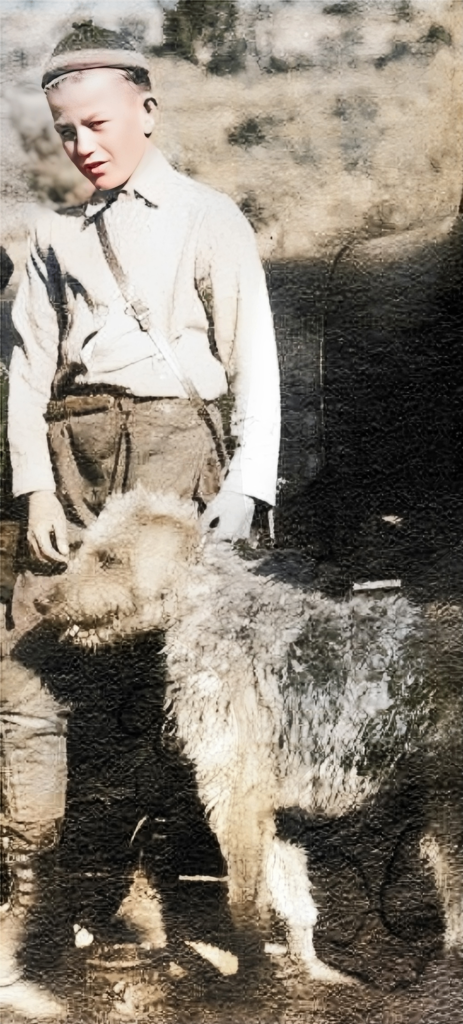
John Wayne’s impact on cinema goes far beyond the silver screen; it’s a thundering echo of courage, honor, and the unwavering spirit of the American frontier. His story continues to captivate audiences, drawing them into a world where heroes ride tall and dreams stretch as wide as the prairie horizon. In the annals of Hollywood history, John Wayne will forever stand as a towering monument to the power of the American mythos.
